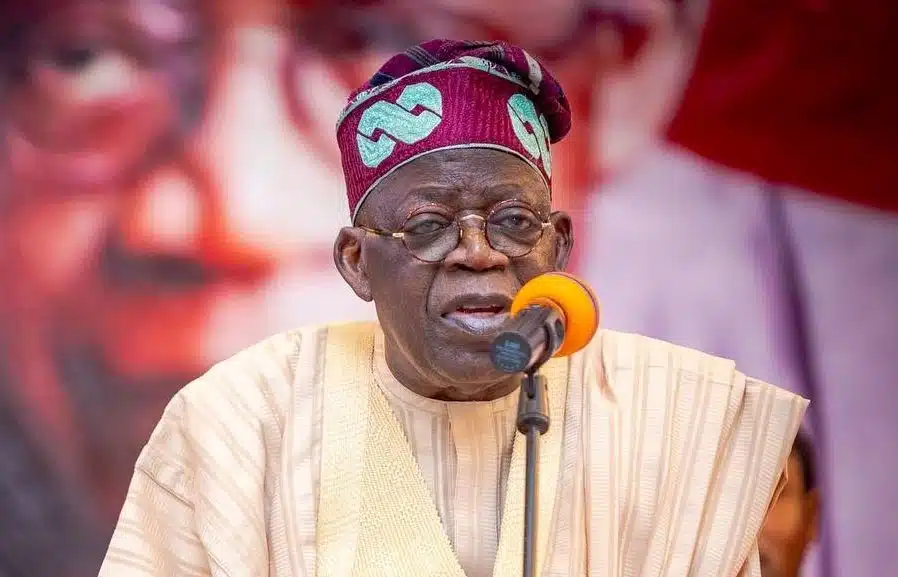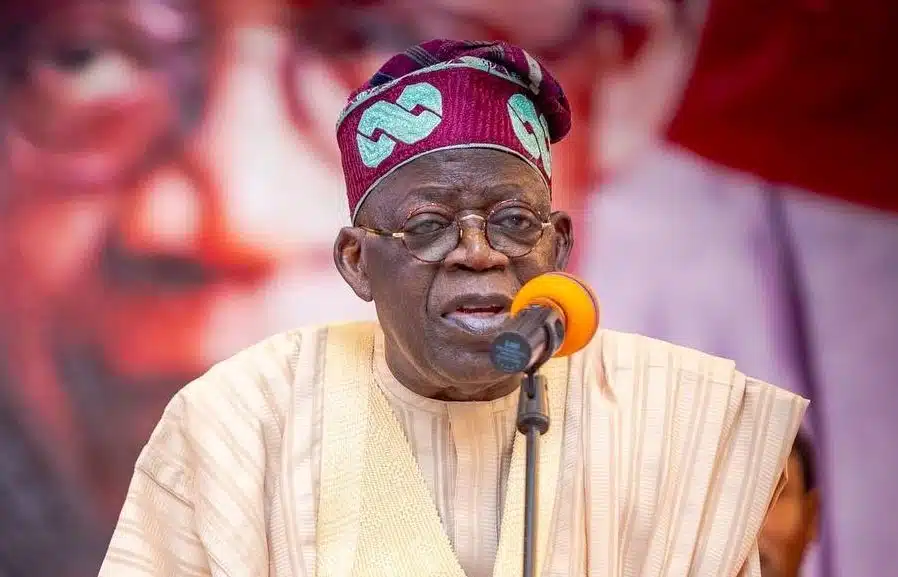
President Bola Tinubu’s administration has announced that Nigeria’s deepwater oil projects are now delivering competitive returns, moving the country from the lowest quartile among 13 indexed nations to a position within the top three.
In a keynote speech on Friday at an Executive Session organized by the Energy Institute and the National Association of Petroleum Explorationists (NAPE), the Special Adviser to the President on Energy, Olu Verheijen, noted that Nigeria has shifted from having no fiscal framework for deepwater gas to establishing one for the first time in its history.
A copy of the speech, shared with journalists in Abuja, highlighted Verheijen’s statement that these accomplishments are the result of major reforms in the oil and gas sector introduced by President Tinubu’s government, aimed at improving fiscal attractiveness and supporting business operations.

Verheijen emphasized that the reforms specifically addressed existing challenges and focused on advancing tangible projects within the investment pipeline.
“In April this year, FID was reached on the Ubeta Non-Associated Gas project, a half-a-billion dollar project.
“The Ubeta field was discovered in 1965 and has finally been unlocked to deliver prosperity of multitudes of Nigerian lives and businesses,” she said.
Verheijen also disclosed that Nigeria is positioned to tap into 90 billion dollars in financing available for worldwide deepwater projects by IOCs already operating in the country.
“Accessing 20 per cent of this, will be more than enough to bring five major deepwater projects on-stream, unlocking 1.3 billion barrels of oil equivalent (boe).
“We are gearing up for our first FID on a greenfield deepwater development since the last one (Egina) in 2013.
“Going into 2025, we expect the investment momentum to quicken, proving beyond any doubt, that President Tinubu’s energy reform agenda is truly revolutionary. Our challenges are addressable, and fixable.
“All these new investments will have major implications for the Nigerian economy.
“The foreign exchange inflows will help with exchange rate management and macroeconomic stability; local economies will benefit from the increased spending on construction and hiring; skill-building and technology transfer will take place.
“Importantly, with the industry infrastructure being developed, each new investment will ensure that subsequent projects are possible at lower costs and with the guarantee of greater returns – creating a virtuous cycle of new investments,” she added.
The Special Adviser emphasized that the timing of the session was particularly relevant as Nigeria seeks to attract greater energy investments to stimulate its economic growth.
She further stated that energy, in its various forms, serves as a crucial avenue for creating higher-paying employment opportunities, fostering industrialization, driving innovation, and ensuring long-term prosperity for Nigeria and the entire African continent.
“We cannot succeed without you, without listening to you and taking your feedback.
“As much as we want to attract financing, we also want to work closely with partners who truly believe in our ability to keep our pledges and to ensure that the reform momentum never loses steam,” she added.

Leave a Reply